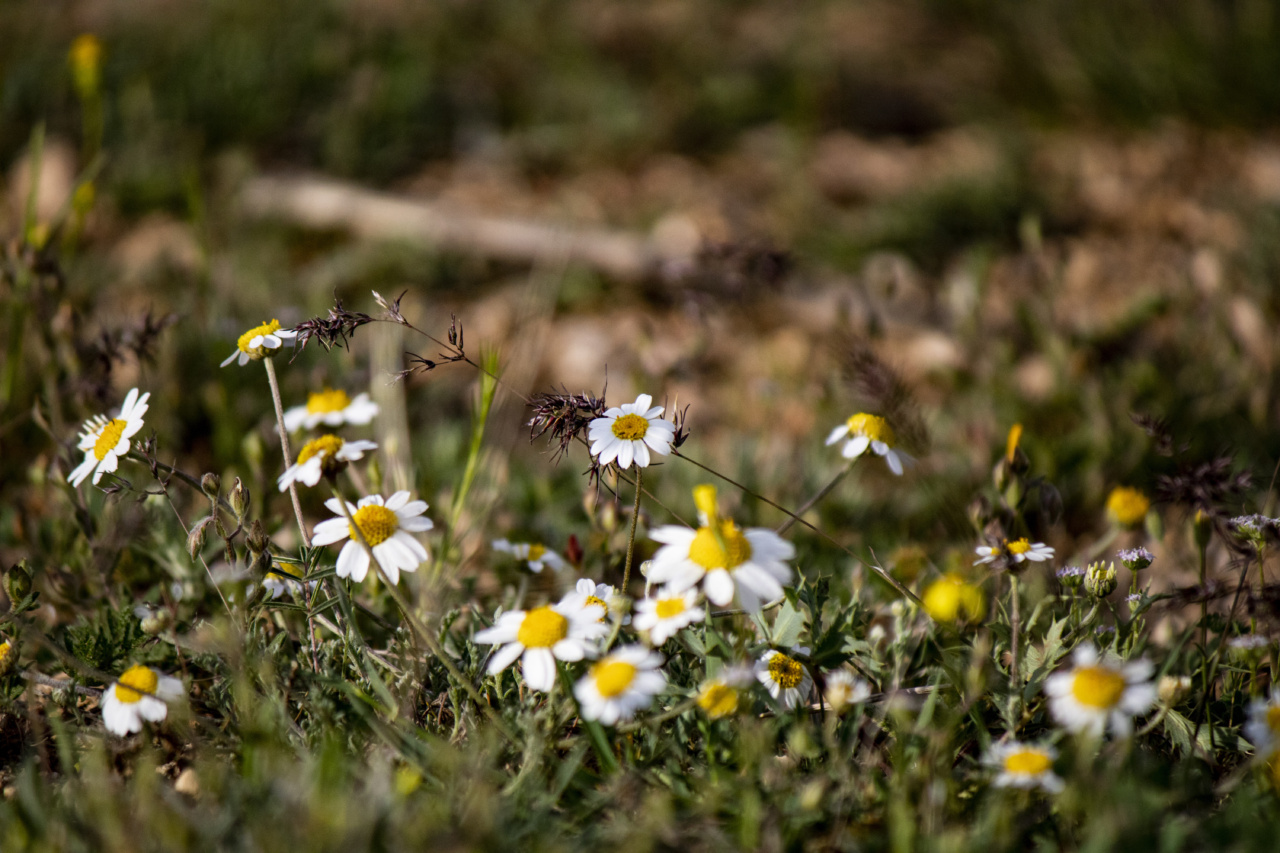Snoring can be a frustrating and disruptive issue, affecting not only the quality of your sleep but also that of your partner or roommate. If you’ve been struggling with snoring, you’re not alone.
Fortunately, there are natural remedies that can help you overcome this problem without resorting to invasive treatments or medications. In this article, we will explore 10 natural herbs known for their ability to stop snoring and improve your sleep quality. Incorporating these herbs into your daily routine can help you enjoy peaceful nights and wake up feeling refreshed.
1. Peppermint
Peppermint is a versatile herb known for its soothing properties. It is commonly used to relieve congestion and promote easy breathing.
Inhaling peppermint oil before bedtime can help clear your nasal passages, allowing for better airflow and reducing snoring. You can find peppermint oil in the form of essential oil or use peppermint tea bags to make a warm and soothing cup of tea.
2. Eucalyptus
Eucalyptus is another excellent herb for reducing snoring. Its anti-inflammatory properties help reduce swelling in the nasal passages, making it easier to breathe and reducing the intensity of snoring.
You can use eucalyptus essential oil in a diffuser in your bedroom or add a few drops to your pillow before sleeping.
3. Chamomile
Chamomile is a well-known herb cherished for its calming and relaxation properties. It can help ease stress and anxiety, which can contribute to snoring.
Drinking a cup of chamomile tea before bed can promote better sleep quality, leading to reduced snoring. Chamomile supplements are also available for those who prefer an easy and convenient option.
4. Thyme
Thyme is a powerful herb with antiseptic properties that can help clear airways and reduce congestion, thereby alleviating snoring. You can add dried thyme to boiling water and make a steam inhalation mixture.
Inhale the steam for a few minutes before bedtime to enjoy its benefits. Alternatively, thyme tea can also be consumed to soothe the airways.
5. Lavender
Lavender is renowned for its calming and relaxing effects on the body and mind. By reducing stress and anxiety, lavender can indirectly contribute to reducing snoring.
You can use lavender essential oil in a diffuser or apply a few drops on your pillow before sleeping to promote relaxation and improve sleep quality.
6. Valerian
Valerian is an herb known for its sedative properties, making it a great choice for those struggling with insomnia or restless sleep. By promoting deep relaxation, valerian can help reduce muscle tension and snoring.
Valerian supplements or tea can be consumed before bed to enjoy its tranquilizing effects. It’s essential to consult a healthcare professional before using valerian, especially if you are taking other medications.
7. Lemon Balm
Lemon balm is a soothing herb that can help relax the muscles and calm the nerves, promoting a quiet and restful sleep. This herb is often used to alleviate anxiety and improve sleep quality.
Lemon balm tea can be consumed before bedtime to enjoy its calming effects and reduce snoring.
8. Sage
Sage is a herb with natural anti-inflammatory properties that can help reduce inflammation in the airways. By clearing the airways, sage can help reduce snoring and promote better breathing during sleep.
Sage tea or gargling with sage mouthwash can provide relief and improve sleep quality.
9. Spearmint
Spearmint is a refreshing herb that can help alleviate nasal congestion and open up the airways, leading to reduced snoring. You can consume spearmint tea or simply inhale its soothing aroma before bed to experience its benefits.
10. Lemon Verbena
Lemon verbena is a fragrant herb with calming properties that can help relax the muscles and promote better sleep quality. By reducing muscle tension and promoting relaxation, lemon verbena can contribute to reduced snoring.
Enjoy a cup of lemon verbena tea before bed to enhance your sleep experience.
Adding these natural herbs to your daily routine can provide a holistic approach to stop snoring and improve your sleep quality.
However, it’s essential to remember that individual results may vary, and it’s always best to consult with a healthcare professional before incorporating new herbs or supplements into your routine, especially if you have any underlying medical conditions or take medications.






























